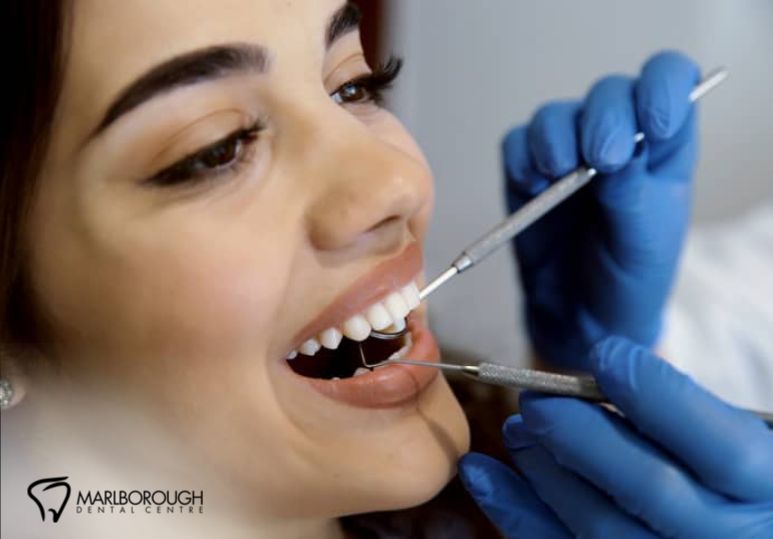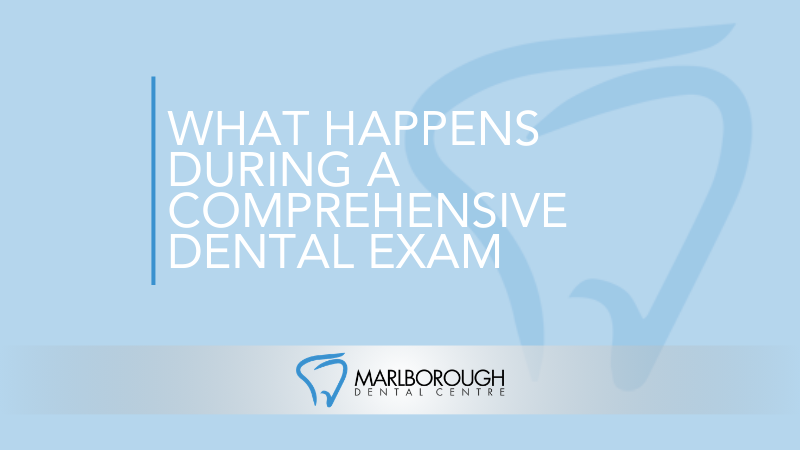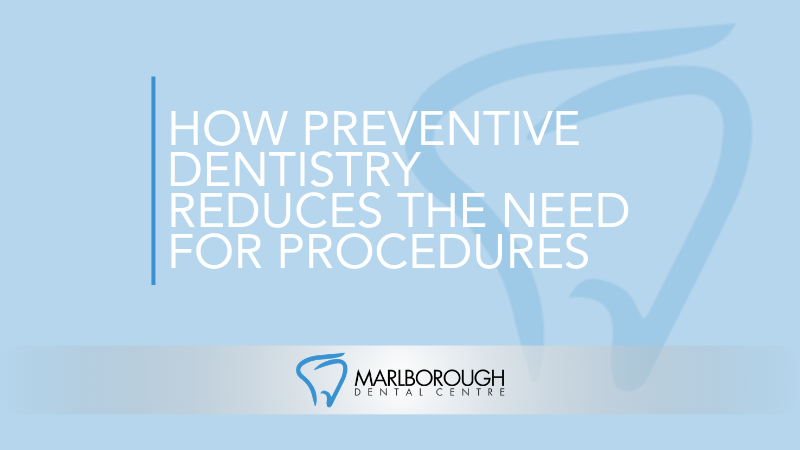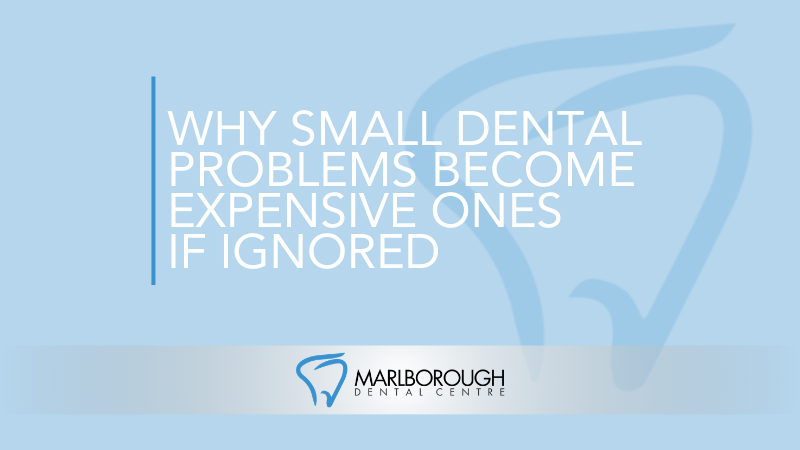What Happens During Dental Cleanings
Dental cleanings are often not conducted by the dentist but by the dental hygienist. The part of your dental visit with the dentist is typically the exam portion where they look for any issues with your teeth, jaw, gums, or tongue. (Learn more about dental exams by reading Interesting Facts About Dental Exams. The dental cleaning portion of your visit will take place before your dentist comes in for the examination.
The Preparation
Before you open your mouth for the dental hygienist to begin, they will place a bib around your neck. This is to protect your clothing from any splashing water or saliva. After this, you will be reclined in your chair and raised up so that your dental hygienist can see into your mouth. They will use a light above you to help them get a clear view and they may give you sunglasses to ensure you don’t have light in your eyes throughout the cleaning. You are also welcome to ask for sunglasses if they are not provided right away.
Once you’re leaned back and ready, you’ll need to open your mouth wide, but not to the point that you are straining. Your dental hygienist will likely look inside your mouth with a little mirror to get a sense of your plaque buildup and staining.
The Cleaning
Dental hygienists use special tools to clean the teeth and gums and they each serve their own purpose; some are meant to scrape off plaque whereas others are used to get in between teeth and around gums. Your dental hygienist will use the mirror to help hold your cheeks and tongue out of the way and they will use the mirror to see the back of your teeth, which will also receive a cleaning. During dental cleanings, dental hygienists may also use an ultrasonic vibrating device to help break up plaque. This device makes a noise and can feel odd (it can sometimes tickle your nose due to the vibrations), but it is only used for cleaning and won’t cause any type of pain. Throughout the cleaning process, you may be asked to swish with water and you will likely have a suction placed in your mouth so that you do not have to sit with saliva in your mouth. Once the main portion of the cleaning is over, your dental hygienist will also use dental floss to get between your teeth more thoroughly. At the end of the dental cleaning, when all of the plaque is removed, your dental hygienist will polish your teeth. The polish itself will have a grittiness to it to help give it an abrasive quality. Once the polish is complete, you will rinse your mouth out with water. If you feel any remaining grit from the polish, let your dental hygienist know and they will give you more water to swish until it’s gone. For a final step, your dental hygienist will provide a fluoride treatment. At the end of the dental cleaning, your teeth should feel smooth and clean! If the cleaning does remove as much staining as you desire, you can schedule teeth whitening treatments.
Calgary Dental Cleaning At Marlborough Dental
Dental cleanings are an important part of oral health. Without regular dental cleanings, plaque will continue to build up, especially in those hard-to-reach areas of the mouth. The more plaque builds up, the more likely you are to develop cavities, gum disease, and other tooth and gum issues. To receive a cleaning and protect yourself against plaque while benefiting from the feeling of nice clean teeth, schedule a dental exam and dental cleaning at Marlborough Dental Centre. Our Calgary dental hygienists will ensure you have an excellent cleaning and our Calgary dentists will ensure your oral health is taken care of. To schedule a cleaning at Marlborough Dental Centre, call 1-403-248-2066 or fill out the online contact form.
FAQ
Q: How long does a dental cleaning and exam take?
A: Typically, a dental exam and cleaning will take one hour.
Q: Will I be able to eat after my dental cleaning?
A: To get the optimal results and prevent future staining, you should wait 30 minutes after a dental cleaning to eat or drink. The fluoride treatment used during a cleaning will need these 30 minutes to seal around the teeth and be fully effective.
Q: Does teeth cleaning cause tooth sensitivity?
A: No, teeth cleaning does not cause tooth sensitivity. However, if you haven’t had your teeth cleaned in a long time you may not be familiar with the feeling of having your teeth exposed to various temperatures if your teeth have not been fully exposed in a while. Having the plaque and calculus layer removed from your teeth may make you more aware of sensations and can sometimes give people the impression that their teeth are more sensitive after a cleaning. Of course, the teeth were always this sensitive, now they just don’t have a barrier.




